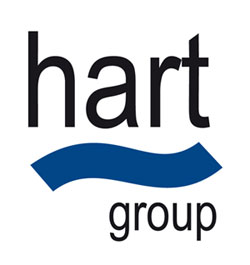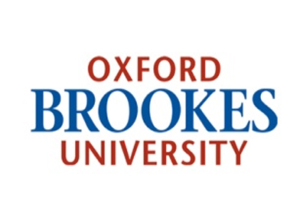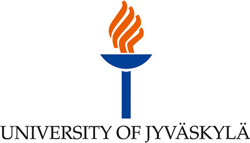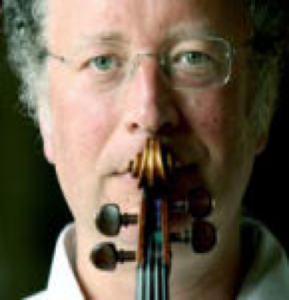Centre for Global Politics, Economy, and Society, Oxford Brookes University (UK)
The Centre for Global Politics, Economy and Society is an inter-disciplinary research centre with a remit to encourage reflection on and investigation into social transformations of global scope which are impacting upon the world today.
New Europe Centre, University of Aberdeen (UK)
The New Europe Centre Aberdeen is concerned with European social research. It consists of a variety of people and projects at the University of Aberdeen and outside who are working on the problem of understanding Europe in terms of people, values and behaviour. An important aspect of this work is also to look at policy measures and implications.
TARKI (Hungary)
TARKI Social Research Institute, founded in Budapest in 1985, is an employee-owned, nonpartisan research centre. The institute’s profile comprises research on a wide range of issues related to social stratification, labour markets, income distribution, intergenerational transfers, tax-benefit systems, consumption and lifestyle patterns and attitudes.
Research Centre for Contemporary Culture, University of Jyväskylä (Finland)
The Research Centre for Contemporary Culture is hosted by the Department of Art and Cultural Studies at the University of Jyväskylä. The Centre’s current research focuses include firstly contemporary culture, secondly the consolidation of artistic theoretical, cultural and political questions, and thirdly methods of researching art and culture.
Centre for Independent Social Research, St. Petersburg (Russia)
Founded in 1991 as an NGO, CISR has three basic objectives: (i) academic sociological research, (ii) building professional networks (in Russia as well as internationally) in the sphere of social sciences, (iii) preparing and training the young generation of social scientists and researchers. CISR’s researchers are primarily guided by qualitative sociological methodology.










